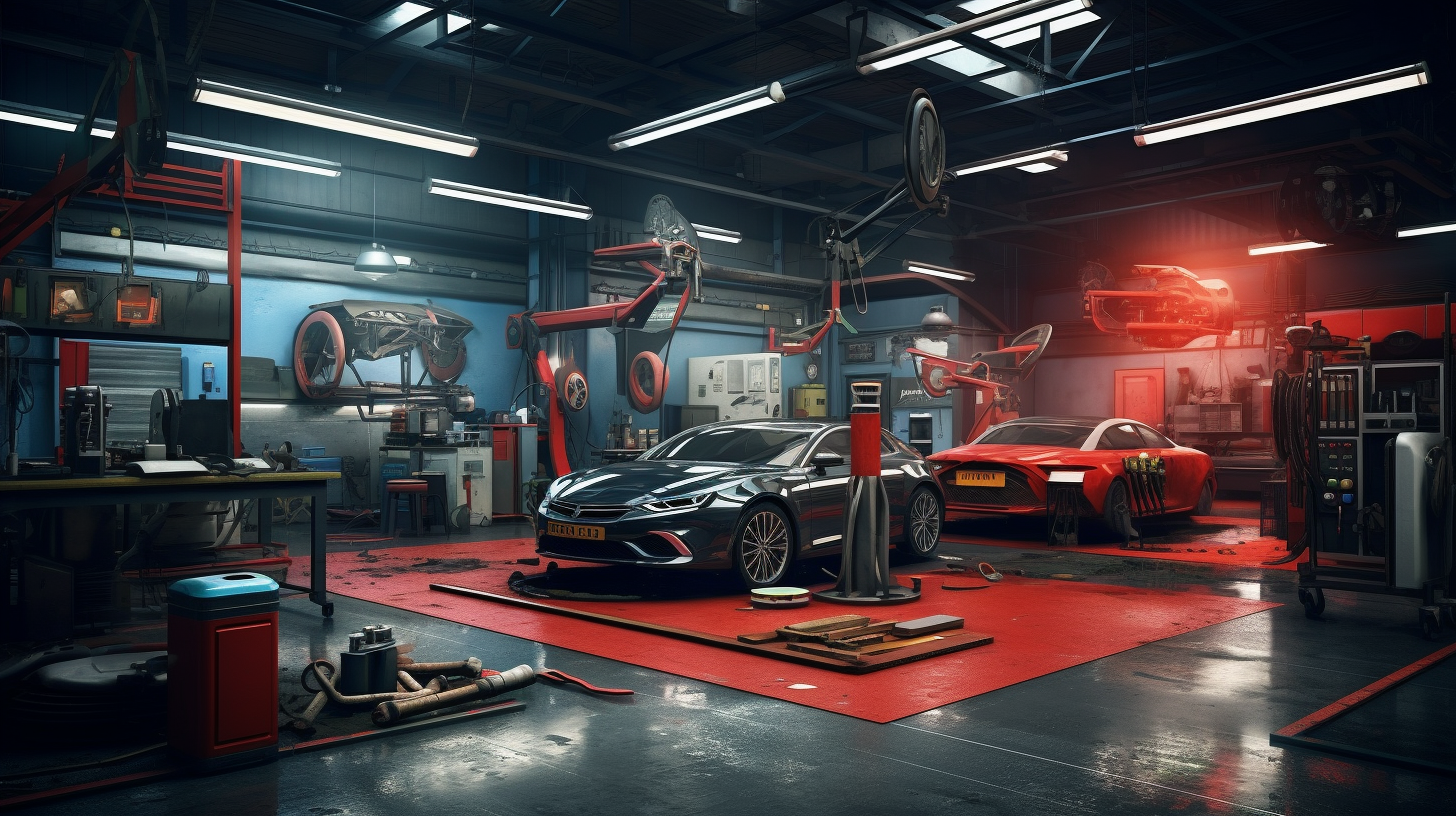When it comes to maintaining and repairing your vehicle, one crucial decision is whether to entrust your automobile to an independent mechanic or take it to the dealership’s service department. Each option comes with its own set of advantages and disadvantages that can significantly impact your car ownership experience. In this exploration of the pros and cons, we will delve into the key factors to consider when deciding between the personalized touch of a local mechanic and the brand-specific expertise of a dealership, helping you make an informed choice that suits both your vehicle’s needs and your budget.
Pros of Taking Your Car to a Mechanic:
Cost Savings: Independent mechanics often charge lower labor rates than dealership service departments, which can result in significant cost savings for routine maintenance and repairs.
Personalized Service: Independent mechanics may offer more personalized service, as they typically have smaller workloads and can build stronger relationships with their customers.
Flexibility: Independent mechanics may be more flexible in terms of scheduling appointments and accommodating urgent repairs, which can be convenient for busy individuals.
Expertise and Experience: Many independent mechanics have years of experience and expertise in working with a wide range of car makes and models. They can provide high-quality service for various vehicles.
Local Business Support: Choosing a local mechanic supports small businesses in your community, contributing to the local economy.
Honesty and Transparency: Independent mechanics often rely on repeat business and word-of-mouth referrals, which can incentivize them to be more honest and transparent about the work needed and its cost.
Cons of Taking Your Car to a Mechanic:
Limited Access to Manufacturer-Specific Tools and Training: Dealerships have access to manufacturer-specific tools, equipment, and training, which can be crucial for complex repairs and diagnostics, especially for newer vehicles.
Warranty and Recall Services: If your car is still under warranty, dealership service departments may be the only ones authorized to perform warranty-related repairs and address recalls without cost to you.
Specialized Knowledge: Some high-end or luxury vehicles may require specialized knowledge and equipment that independent mechanics may not have, potentially leading to less precise or less effective repairs.
Potentially Longer Wait Times: Independent mechanics might have busier schedules, leading to longer wait times for appointments or repairs.
Inconsistent Quality: The quality of service can vary among independent mechanics, so it’s important to do thorough research and choose a reputable one.
Less Access to Manufacturer-Specific Parts: Dealerships typically have easy access to manufacturer-specific parts, which can be essential for certain repairs. Independent mechanics may need to order such parts, potentially causing delays.
Ultimately, the decision between a mechanic and a dealership depends on factors like your car’s make and model, warranty status, the complexity of the repair, your budget, and your trust in a particular service provider. For routine maintenance and minor repairs, independent mechanics can often provide cost-effective and reliable service, but for complex issues and warranty-related work, dealerships may be the better choice. Furthermore, as noted by the Chicago car accident lawyers at Smith LaCien, if you are repairing your vehicle after an accident, it is crucial to speak to legal counsel before any work should be done.



